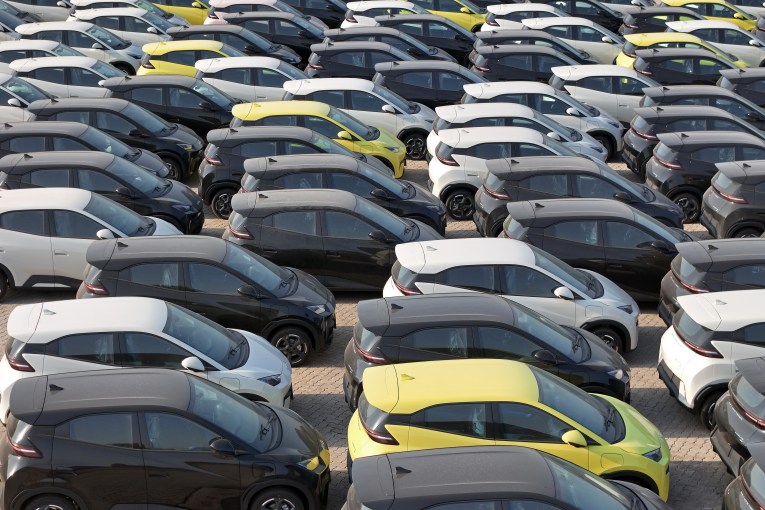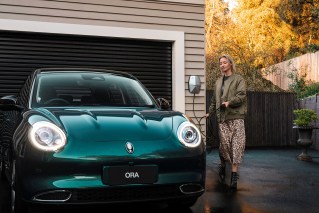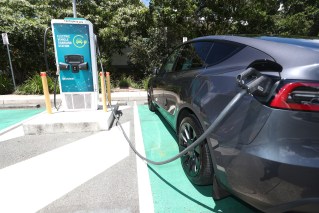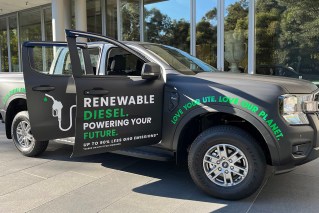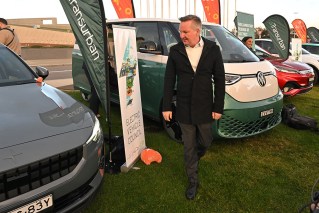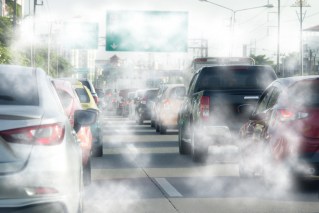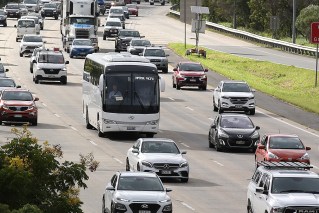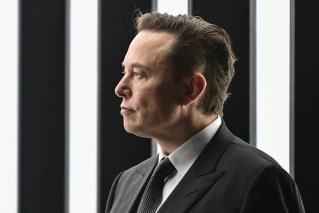Greens call for ban on sale of petrol, diesel cars by 2030
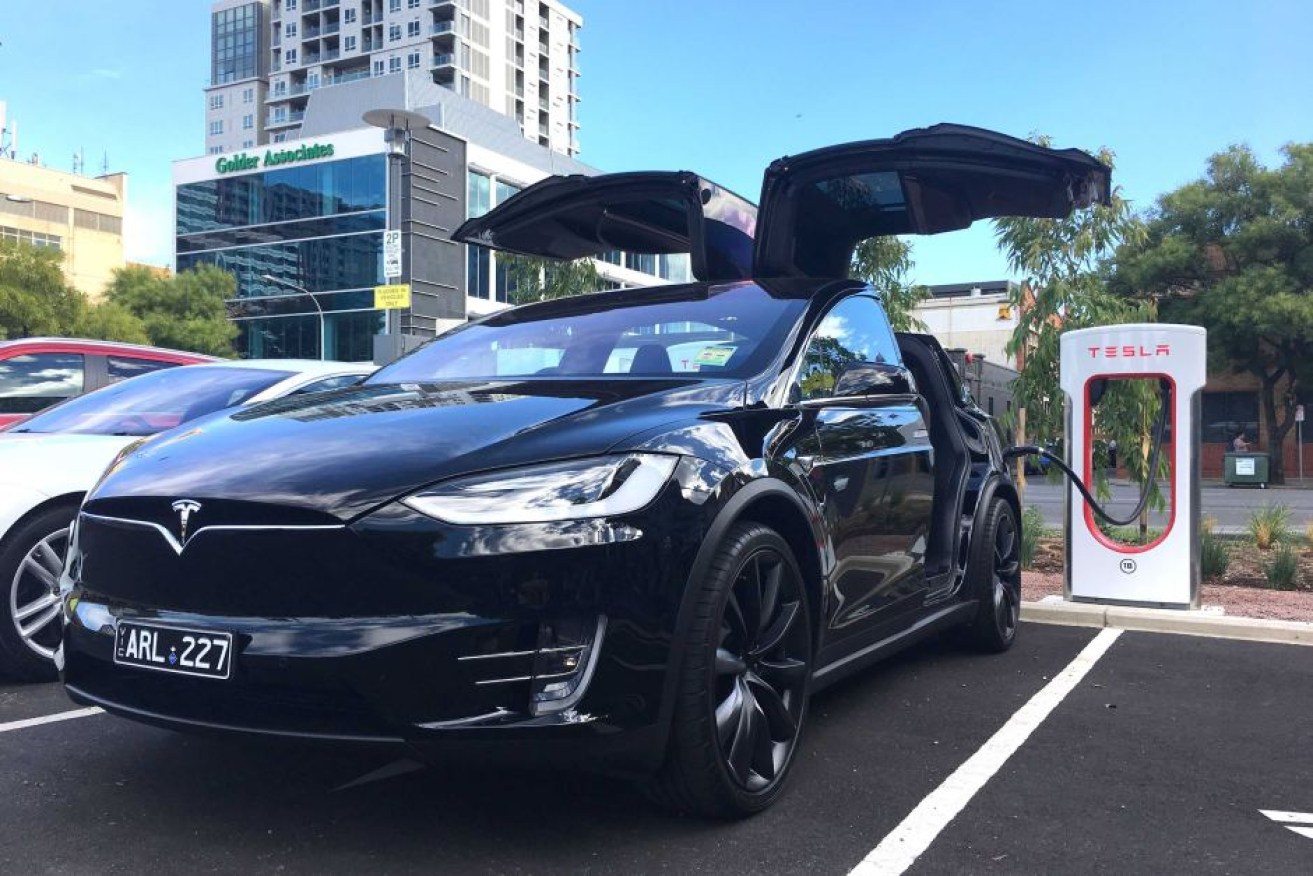
The Greens say the plan would not be a matter of "people having to retire their car early". Photo: ABC
The sale of new petrol and diesel cars would be banned from 2030, under a proposal by the Greens to get more electric cars on the roads.
Several European countries have put in place similar timeframes to phase out petrol and diesel cars.
The Greens are unveiling a policy today that would see a raft of vehicle taxes cut — and the luxury car tax increased — to make electric cars more affordable and accessible.
The party’s transport spokeswoman, Janet Rice, said it wasn’t aimed at, “rapidly shifting the fleet to fully electric”.
“It’s not a matter of people having to retire their car early,” Senator Rice said.
“Basically, it’s for all new vehicle sales by 2030 to be electric vehicles.”
The Greens policy has five main elements:
- Set emissions standards for new petrol and diesel cars in line with American and European regulations
- Set mandatory targets for electric vehicles sales, via a cap-and-trade system with car manufacturers
- Eliminate tariffs, stamp duty and GST on new electric car sales to make them more affordable, plus three years of free car registration
- Increase the luxury car tax from 33 per cent to 50 per cent (levied on the value of a car above $65,000).
- Establish a $150m fund to help expand the network of charging stations for electric cars
‘We love it … but there’s a but’
Car dealers are enthusiastic about ideas that will help sell more electric vehicles.
“If this plan was to result in an appetite from Australian consumers to buy electric vehicles, plug-in hybrids, fuel-cell vehicles in increasing numbers — we love it, ” said the chief executive of the Australian Automotive Dealer Association, David Blackhall.
“But. There’s a but. Any time you use the word ‘ban’ and ‘force’ then you’ve got to go, ‘Wait a minute — do consumers have a say in this?’
“I don’t know about forcing the tradie, who’s got his diesel ute, to switch to an electric vehicle that won’t quite do the job for him.”
Drivers are reluctant to buy electric vehicles because of concerns about price, performance and range, according to Mr Blackhall.
“When you’re not even within shooting distance of price parity, consumers are going to vote with their wallet,” he said.
“The second thing is geographic reality in Australia. We live in five big urban centres and then the rest of Australia in far-flung regional centres.
“Range anxiety on the current lithium-ion battery technology is major issue, in my view.”

Without an adequate recharging network, Australian motorists risk being left in the rear-view mirror. Photo: ABC
Senator Rice said prices were coming down and the proposed tax breaks would make buying an electric car more affordable.
“We’re about to have electric vehicles arriving in the Australian market at around the $40,000 cost,” Senator Rice said.
“We’re proposing to reduce taxes and charges on new electric vehicles that would essentially be about a $10,000 dollar saving off that $40,000.”
She disagreed limitations on range were an issue for most drivers.
“The vast majority of trips around Australia are less than 30 kilometres.”
“Even in remote and rural areas, three-quarters of the journeys people undertake are less than 50 kilometres.”
-ABC
